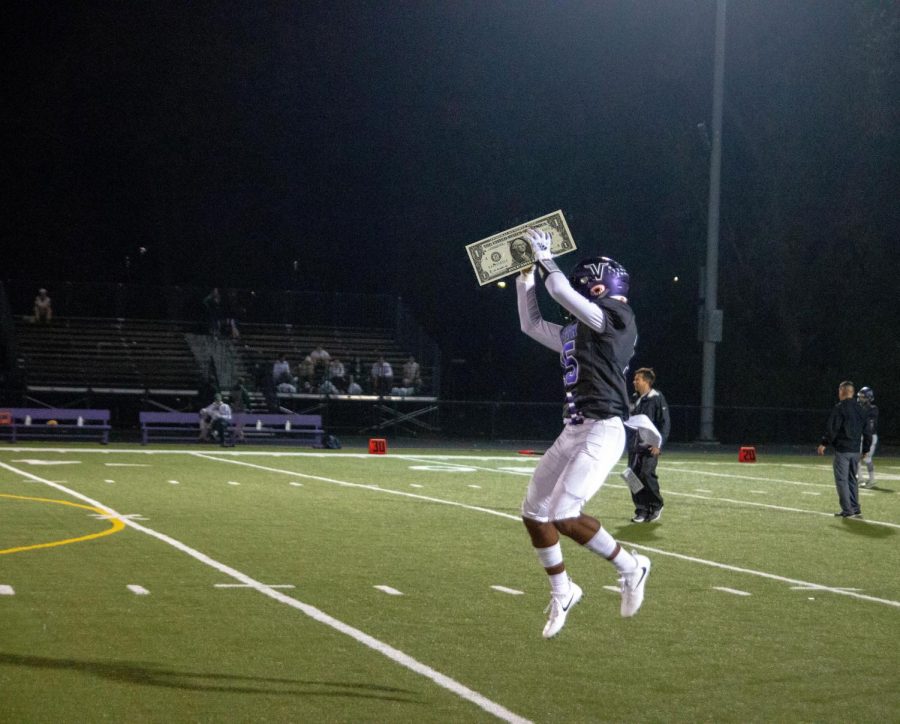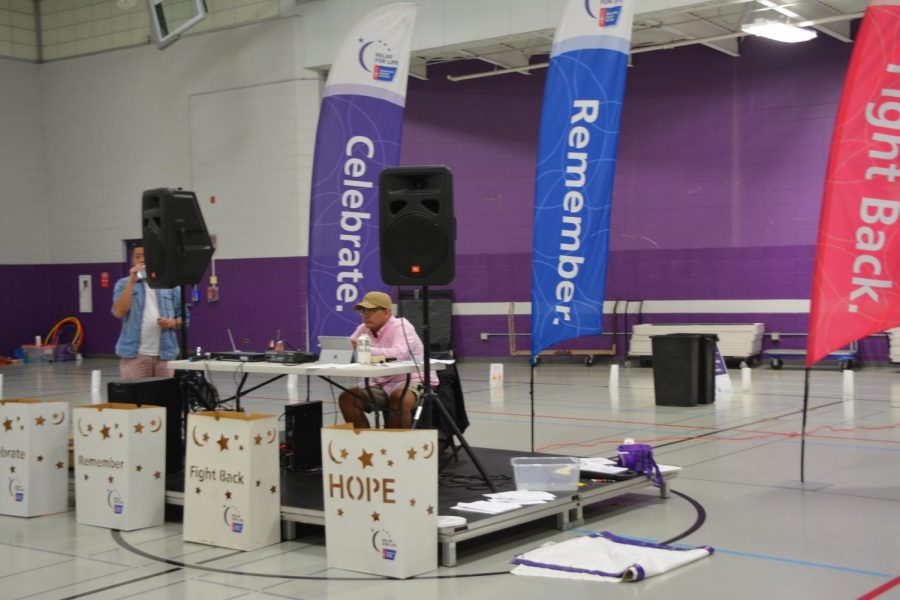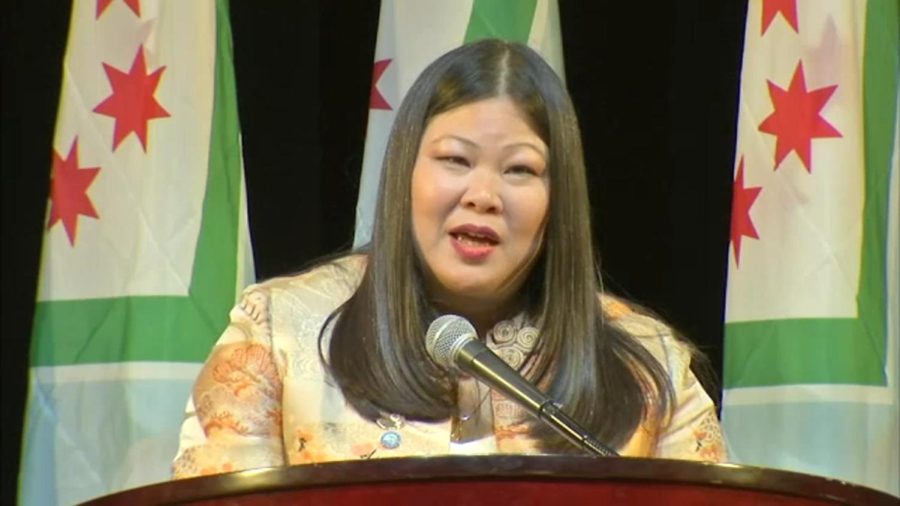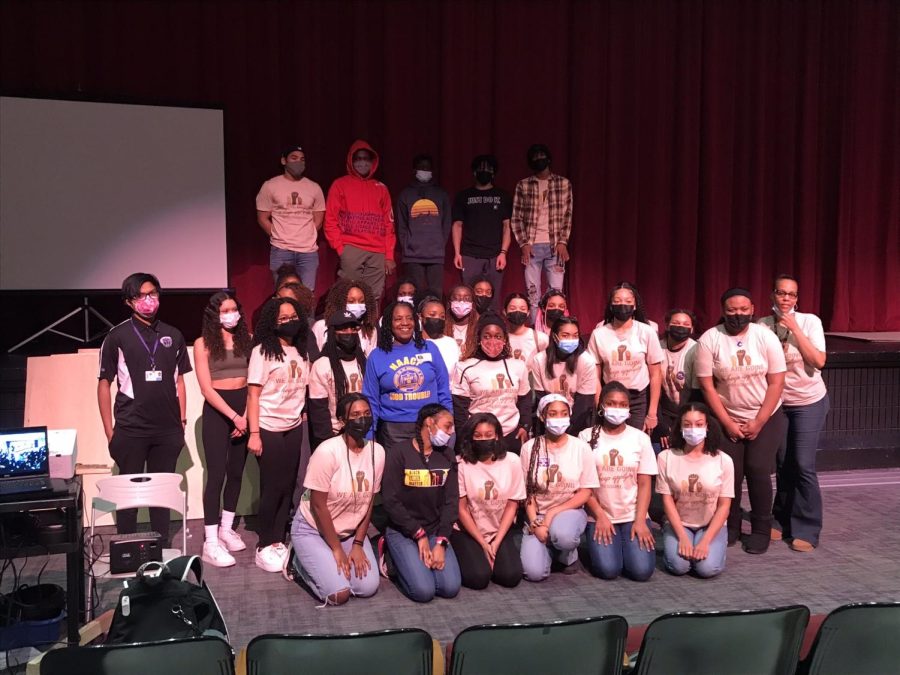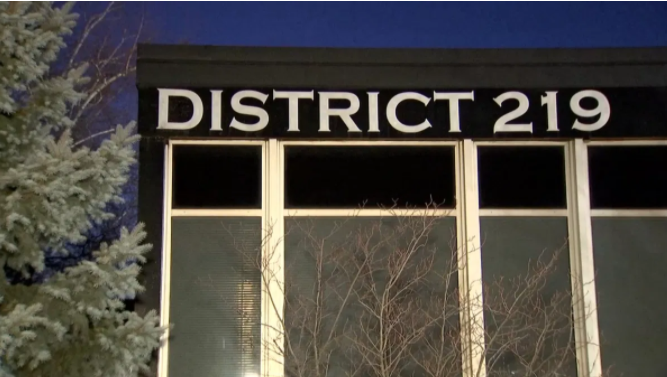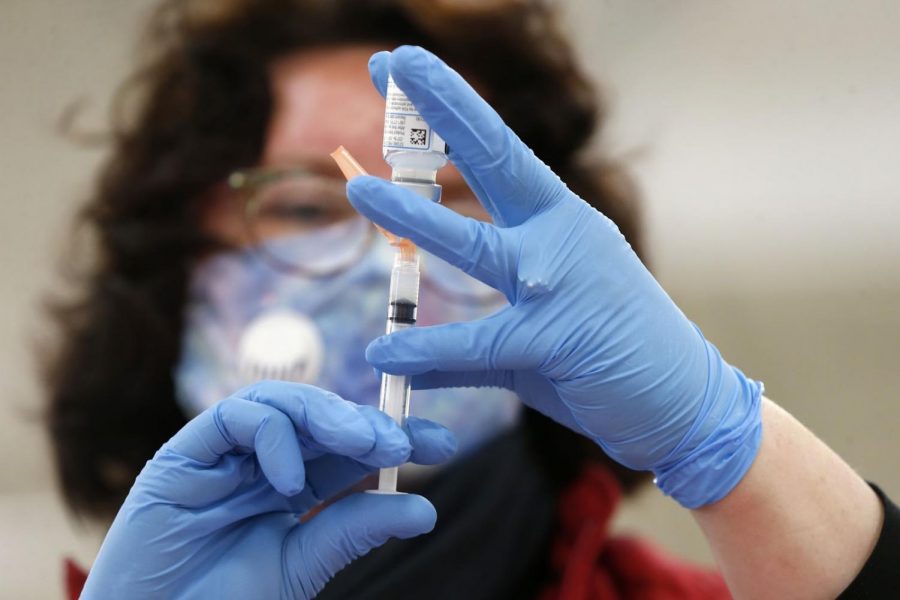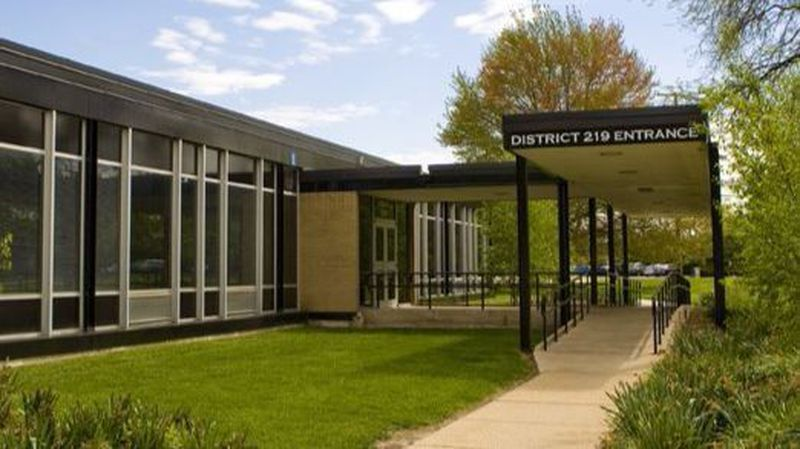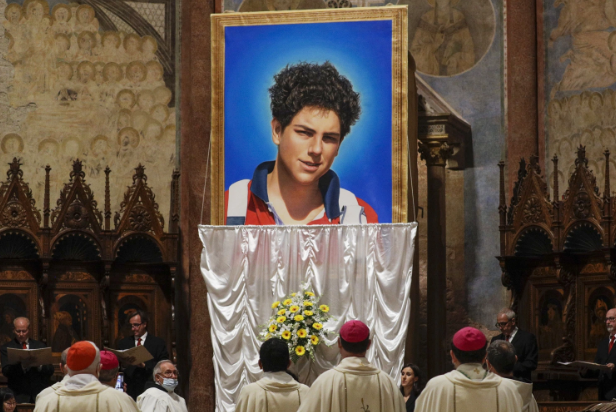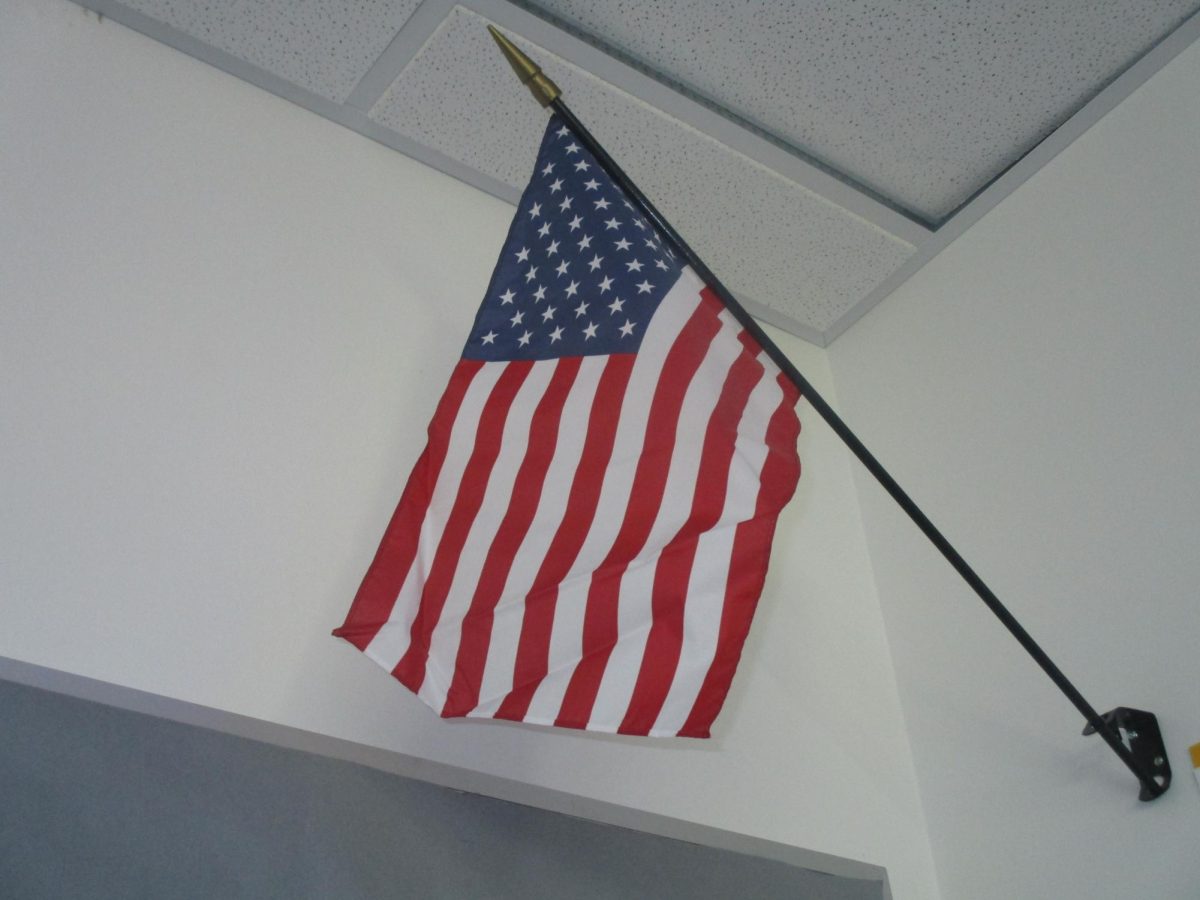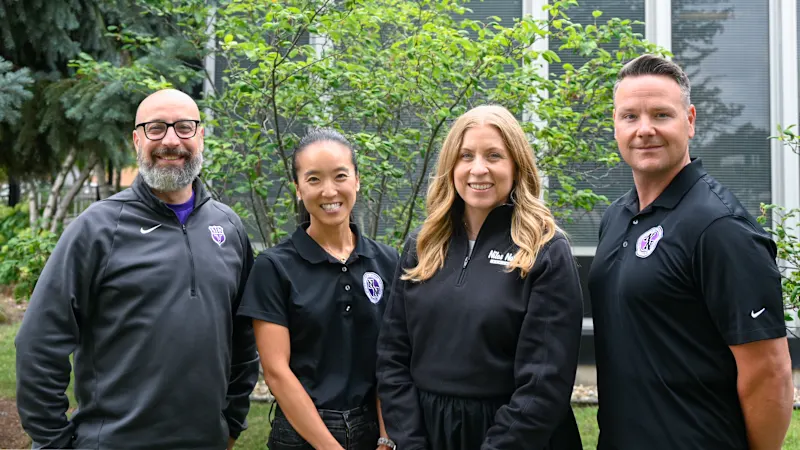In an evolving age of new media and social networking, District 219 seeks to adapt to the future through the continuation of a Communications department. At Niles North, this department takes shape through the variety of co-curricular classes offered to students seeking to engage in passions such as News Production, Public Speaking, Yearbook Production, Broadcast Production, Journalism, and Debate.
On Feb. 14, 2017, the Board of Education discussed the hotly debated issue of whether or not it was in the district’s best interest to continue supporting the year-old Communications department. Despite a year and a half of back and forth discussion, the board concluded with a 5-2 majority vote to continue the department.
When the idea first arose, the board decided the Communications department would become a stand alone department and was to be comprised of most classes that would fulfill the D219 public speaking requirement. The new department was set to be under observation for a year to determine if goals were met and if district funds were being used appropriately.
Carlton Evans, secretary, said “We have been struggling with this communications department since its inception. We have not had our stuff together. We’ve been unbalanced. We’ve not been respectful, I think, to our teachers. I think all those things are really tearing at me simply because this was not done properly.”
Proponents of the department countered arguing that not an adequate amount of time was given to allow the courses to develop. They believe that with a dramatic rise in students interested in taking courses within the communications field, more guidance must be offered by the board in order to shape future successes for the department.
“I voted to approve the Communications department because I believe that [it] will best serve the current and future educational, career and vocational goals and needs of the students enrolled in the department’s curriculum,” Joseph Nowik, secretary pro tem, said. “Superintendent Dr. Steven Isoye’s recommendation to keep the department sealed my decision. I’m confident that with his oversight and guidance it will grow into a tremendous department,” Nowik added.
With an increase in professional media interest throughout the country, supporters of the department aim to aid students by providing them with opportunities to explore a variety of communication courses at the high school level.
“With the ever growing and changing social media boom, this department is a natural progression for our schools. Our society’s interests are changing and the district needs to acknowledge those changes and to introduce courses on them in a structured educational environment. Classes offered in the new department can also encourage non-college bound students to enter into the field without a degree,” Linda Lampert, board member, said.
Keeping the students’ interests at the forefront, Lampert added, “If we as a district don’t keep current, it’s our students who lose out. I am excited to watch the progression of this department over the years to come. Aside from that, it’s a pretty cool department.”
The department itself is comprised of a variety of co-curricular courses that students display a high level of interest in.
“As an official department, we, as the North Star team. will have access to more resources, funding for more educational trips such as journalism conferences, and the ability to earn credits for our specific communication classes instead of just election credits,” Ben Lipka, senior, said.
Rosie Hankes, senior, said, “Yearbook is a super cool co-curricular activity because every day I get to come here to such an amazing community. At the beginning of the year, I was shy, but then we received training which broke the ice. I have gotten to know my Yearbook family so well as we go through the good times and the stressful times together. It’s the most amazing experience because it’s helped me come out of my shell and I can’t wait to see all my work pay off with the end product.”
With the approval of the Communications department, new issues with funding and union management are bound to arise. However, these problems will be accompanied by solutions in the following years as teachers and students have the chance to explore new skill sets that will potentially shape future endeavors.





